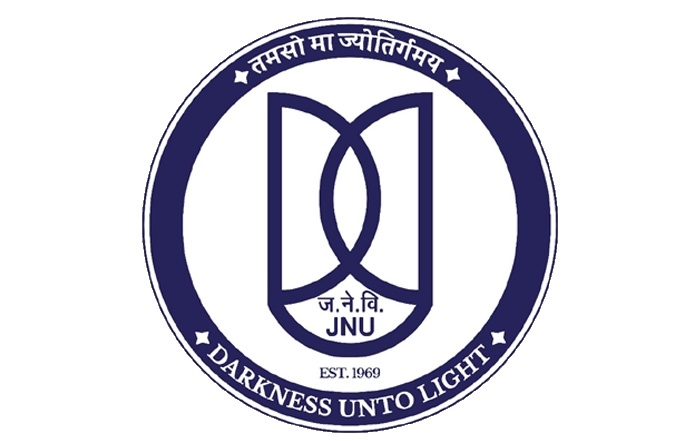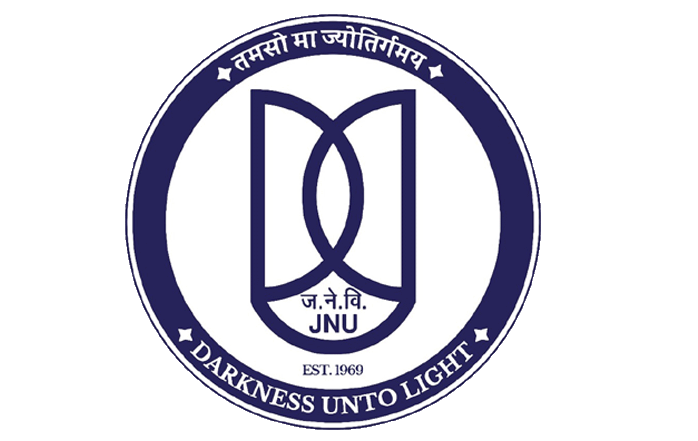JNU Alumni Affairs Office (JNU-AAO)
Learn, Earn and Return
Welcome to the JNU Alumni Affairs Office – the central hub for connections within the esteemed and diverse community of Jawaharlal Nehru University (JNU) alumni.
Our office takes immense pride in building enduring connections between JNU and its alumni, fuelling a dynamic network that transcends fields of study, occupations, and geographical locations. At JNU, we hold the conviction that education has the power to positively transform individuals and society. Our alumni exemplify this belief, leaving an indelible mark in academia, government, the corporate sector, and various social spheres. The Alumni Affairs Office serves as a conduit between the alma mater and its graduates, ensuring that the bonds formed during their time at JNU continue to thrive.
At the JNU-AAO, our ultimate goal is to foster a strong and enduring connection between our esteemed alumni and the university. Our dedicated team works tirelessly to cultivate a space for collaboration, mentorship, and continuous learning. We believe that by hosting a diverse range of events, initiatives, and programs, we can actively engage our alumni community in meaningful ways. From organizing exciting reunions to facilitating career fairs and professional development workshops, we strive to create valuable opportunities for networking, exchanging knowledge, and providing mutual support.
Moreover, we are deeply committed to honouring the countless achievements of our alumni and showcasing the impactful influence they have on the world. We believe that every graduate contributes to the vibrant and enduring legacy of JNU, and their inspiring stories serve as a source of motivation for current students to aim high and make a positive impact on society.
In our ever-changing global landscape, staying connected is crucial. That's why the Alumni Affairs Office at JNU takes on the role of a facilitator, utilizing multiple channels such as newsletters, social media platforms, and alumni directories to keep us all in touch. We encourage alumni to share their achievements, stories, and perspectives, contributing to a vibrant tapestry of success and shared values.
No matter when you graduate from JNU, you will be an invaluable member of our extended family. We wholeheartedly welcome your participation, ideas, and feedback as we collaborate to strengthen the bonds that make JNU a truly exceptional and influential institution.
Your support is vital to the growth of the JNU Endowment Fund and can be made directly or through designated means, including establishing Chairs, Fellowships, and Awards. The JNU-AAO actively fosters alumni networks, both nationally and internationally, to thrive and expand.
Together, let's continue to shape the future and uphold the legacy of excellence that defines both JNU and its esteemed alumni community.
Dr. J. Jeganaathan
Chairperson
JNU - Alumni Affairs Office
jnuaao@jnu.ac.in

